21 April 2025
When we think about heart health, the usual suspects come to mind—omega-3 fatty acids, fiber, low cholesterol, and exercise. But what if I told you that there's a powerhouse nutrient quietly working behind the scenes to keep your heart in tip-top shape? Enter Vitamin K, the underrated hero of cardiovascular wellness.
While most of us associate Vitamin K with blood clotting, its role extends far beyond that. It’s absolutely crucial for keeping your arteries clean, your heart strong, and your overall health in check. Let’s dive into why this unsung nutrient deserves a front-row seat in your diet. 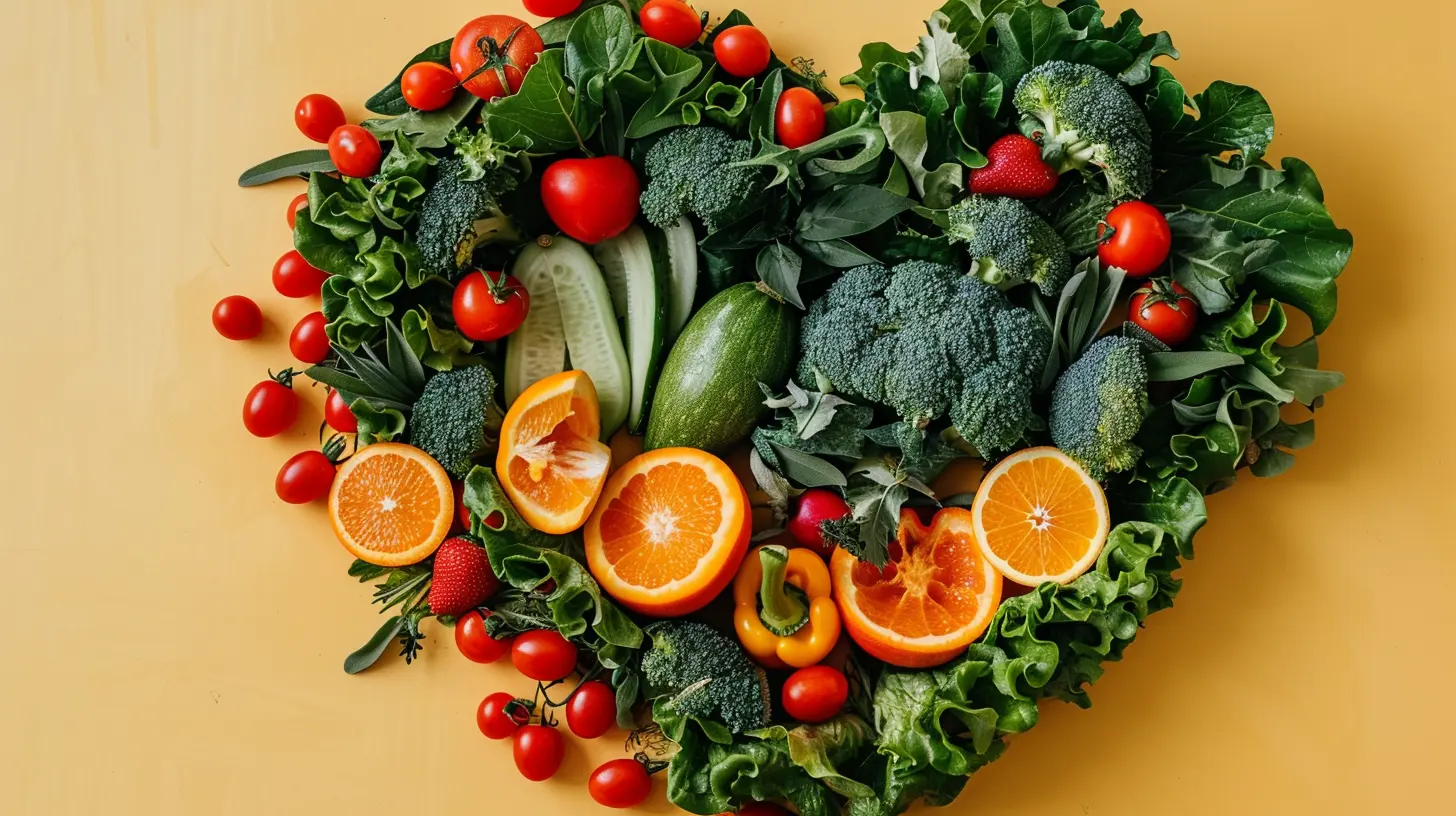
What is Vitamin K?
Vitamin K is a fat-soluble vitamin that plays a vital role in blood clotting, bone metabolism, and—most importantly for our discussion—keeping our blood vessels healthy. It comes in two main forms:- Vitamin K1 (Phylloquinone) – Found primarily in leafy green vegetables like spinach, kale, and broccoli. It’s mostly responsible for blood clotting.
- Vitamin K2 (Menaquinone) – Found in animal products, fermented foods, and some dairy. This is the form that has a major impact on heart health.
Vitamin K2 is particularly special because it helps prevent calcium from building up in your arteries, a key factor in heart disease. In other words, it acts like a traffic cop, directing calcium to the right places—your bones and teeth—while keeping it away from your blood vessels. 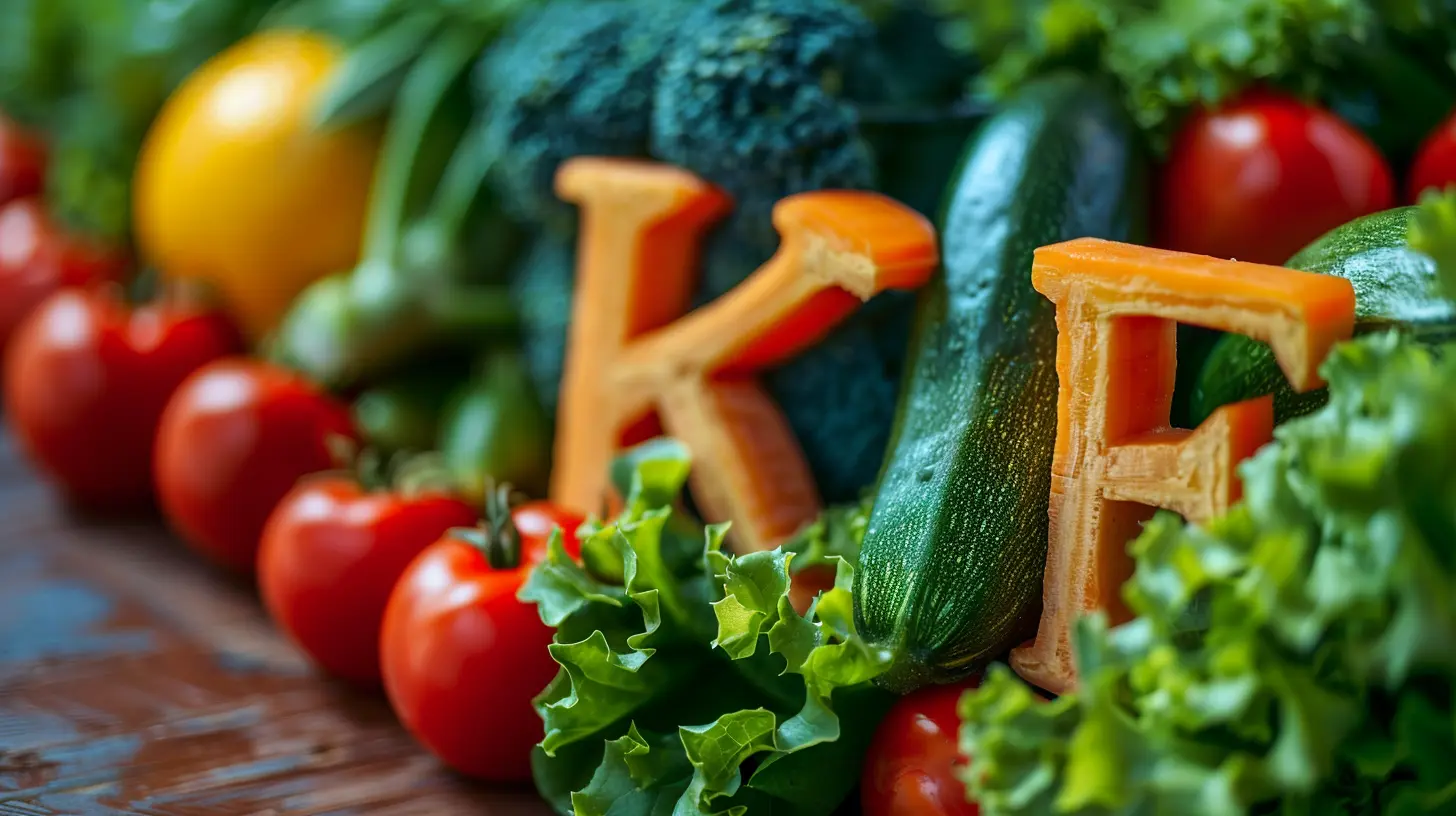
How Vitamin K Supports Heart Health
1. Prevents Arterial Calcification
One of the biggest threats to cardiovascular health is something called arterial calcification—the hardening of arteries due to calcium deposits. Think of it like mineral buildup in your plumbing; over time, this can cause blockages, leading to heart attacks and strokes.Vitamin K2 activates a protein called Matrix Gla-protein (MGP), which helps prevent calcium from settling in your arteries. Without enough Vitamin K2, calcium gets deposited in places it shouldn’t be, making your blood vessels stiff and narrow.
2. Lowers the Risk of Heart Disease
Multiple studies suggest that higher Vitamin K2 intake is linked to a lower risk of heart disease. In one study, individuals with the highest intake of K2 had a 57% lower risk of dying from heart disease compared to those with the lowest intake.Why does this happen? Because Vitamin K2 helps improve arterial flexibility, ensuring that your blood flows smoothly without unnecessary obstructions.
3. Regulates Blood Pressure
Stiff arteries = high blood pressure. Since Vitamin K helps maintain the elasticity of blood vessels, it plays a crucial role in keeping blood pressure levels balanced. Healthy arteries mean less resistance to blood flow, which means your heart doesn’t have to work as hard to pump blood.4. Supports Proper Blood Clotting
While Vitamin K1 is more directly responsible for blood clotting, Vitamin K2 also lends a hand. It ensures that clotting happens only when necessary—preventing excessive bleeding without increasing the risk of harmful clots.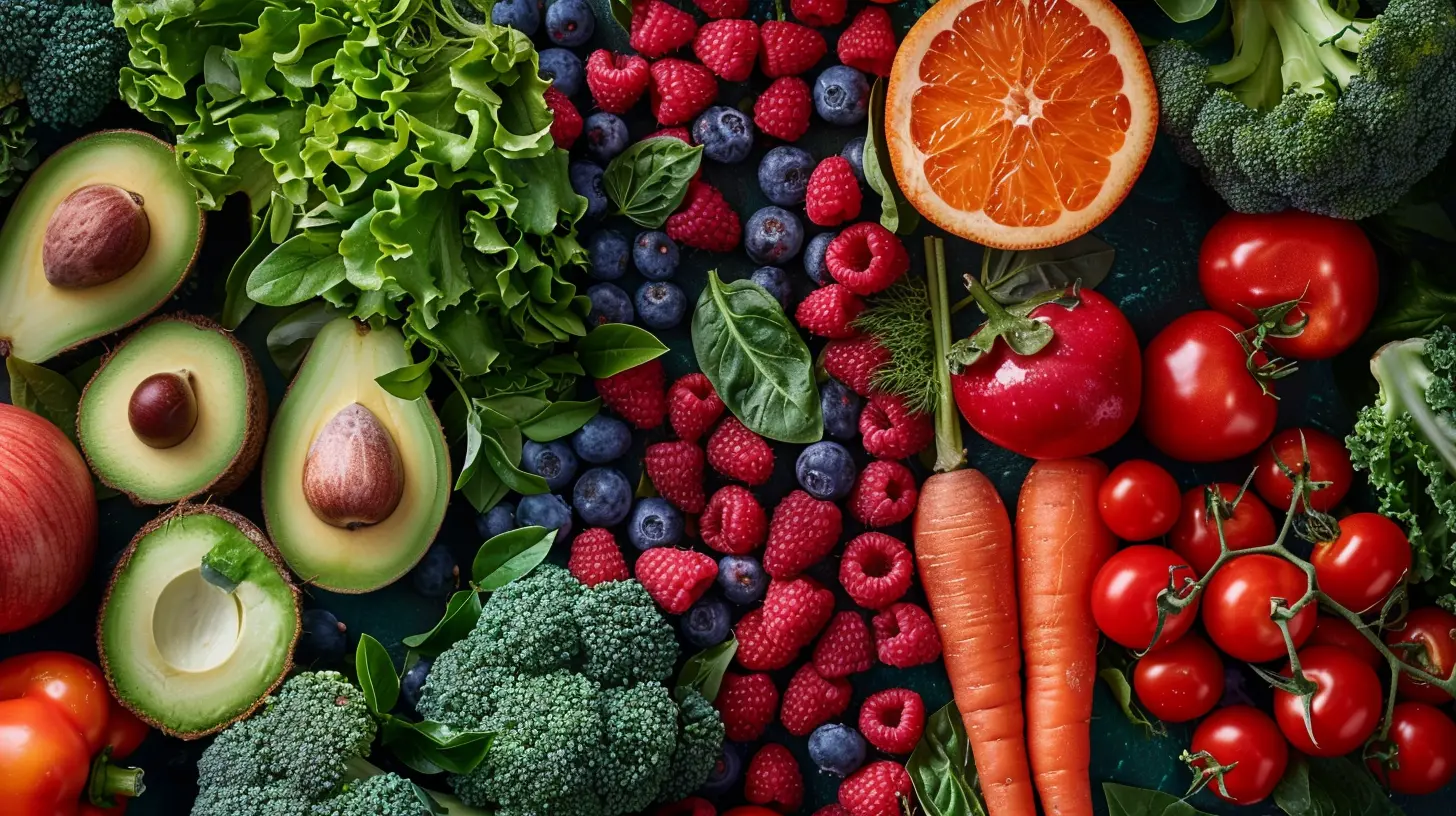
Signs You Might Be Deficient in Vitamin K
Despite its importance, many people aren't getting enough Vitamin K, especially K2. Here are some signs that you might be deficient:- Easy bruising and bleeding – Frequent nosebleeds, heavy periods, or excessive bleeding from small cuts could be signs of a deficiency.
- Bone weakness – Since Vitamin K helps direct calcium to bones, low levels may contribute to osteoporosis or frequent fractures.
- Heart issues – If your arteries are stiffening due to calcium buildup, you may be at higher risk for heart disease.
At-risk groups include individuals who have digestive disorders (like Crohn’s or celiac disease), those on long-term antibiotics, and people who consume low-fat diets, since Vitamin K is fat-soluble and needs dietary fat for absorption. 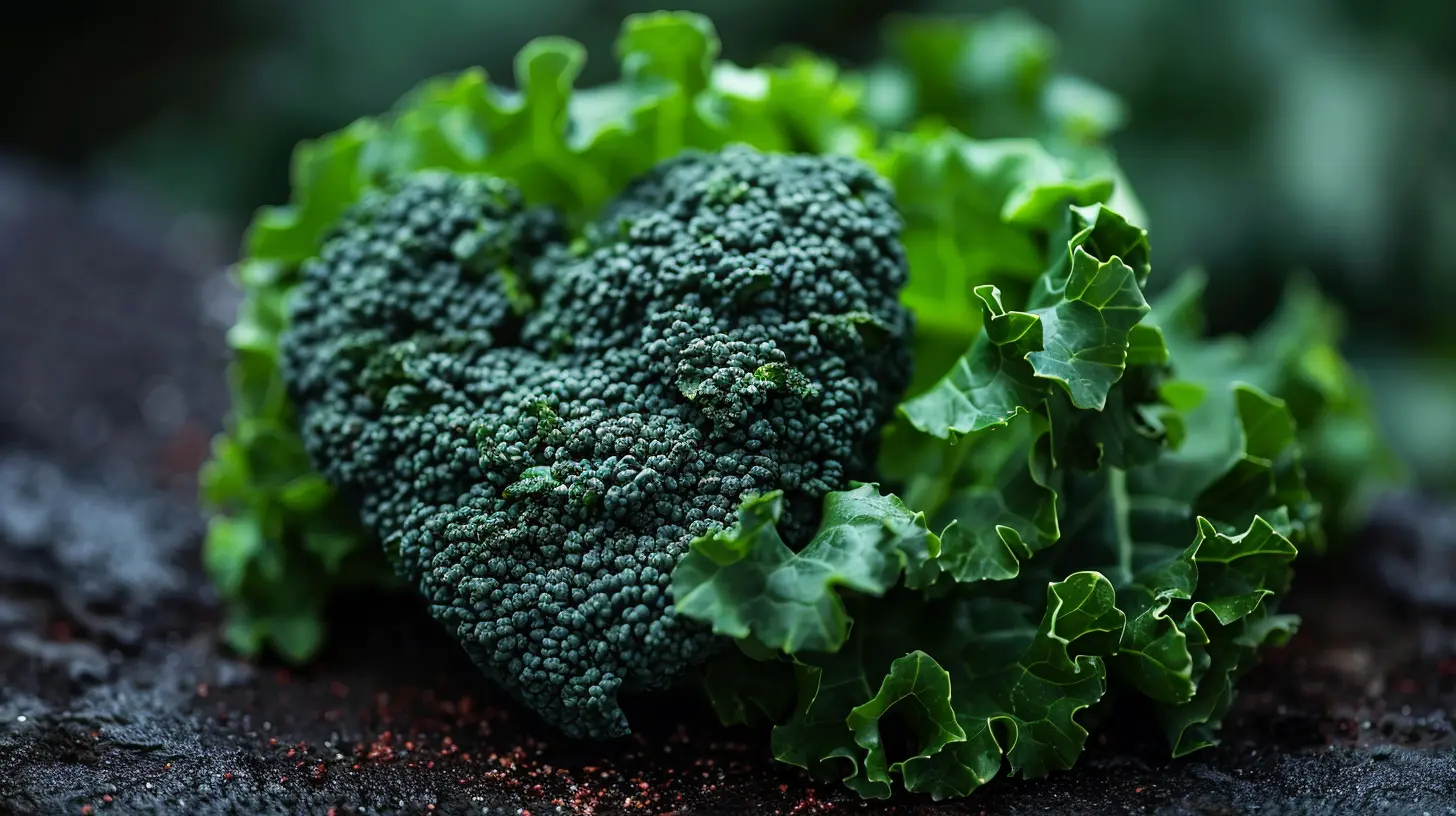
Best Food Sources of Vitamin K
Want to boost your Vitamin K levels naturally? Here are the best food sources for both types:Vitamin K1-Rich Foods:
- Kale- Spinach
- Broccoli
- Brussels sprouts
- Asparagus
- Green peas
Vitamin K2-Rich Foods:
- Natto (a fermented soybean dish, the highest source of K2)- Hard and soft cheeses
- Egg yolks
- Chicken liver
- Butter
- Fermented dairy (like kefir)
If your diet is lacking in these, you might want to consider supplementation—but always check with your doctor first.
Should You Take a Vitamin K Supplement?
For many people, getting enough Vitamin K through food is totally doable, but if you’re at risk for deficiency or have heart concerns, a supplement might be helpful. There are a few things to keep in mind when choosing a Vitamin K supplement:- Opt for Vitamin K2 (MK-7 form) – This stays in the body longer and is more effective than other forms.
- Pair it with Vitamin D – These two vitamins work together to direct calcium where it should go.
- Fat is your friend – Since Vitamin K is fat-soluble, take it with a meal that contains healthy fats for better absorption.
A dose between 100-200 mcg of Vitamin K2 (MK-7) per day is generally considered effective for heart health, but always consult your healthcare provider before adding any new supplement to your routine.
The Bottom Line
Vitamin K might not get the same spotlight as other heart-healthy nutrients, but its role in keeping your arteries clean and your heart strong is undeniable. Whether you’re munching on leafy greens, enjoying some fermented foods, or considering a supplement, making sure you have enough Vitamin K—especially K2—can be a game-changer for your cardiovascular health.So, the next time you think about heart health, don’t just focus on cutting out cholesterol or loading up on fish oil. Give Vitamin K the attention it deserves—your heart will thank you!

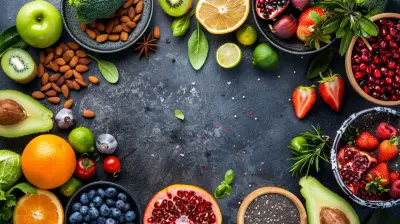

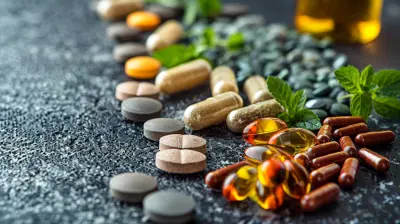
Jessica Reilly
Great insights! Vitamin K's role in heart health is truly fascinating and essential.
April 25, 2025 at 4:54 AM